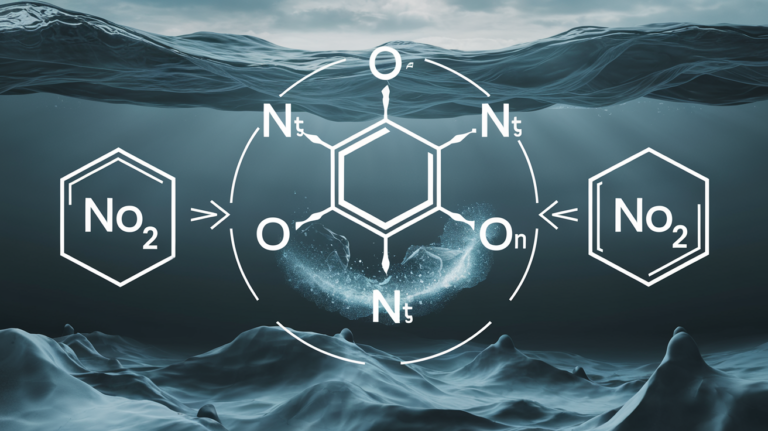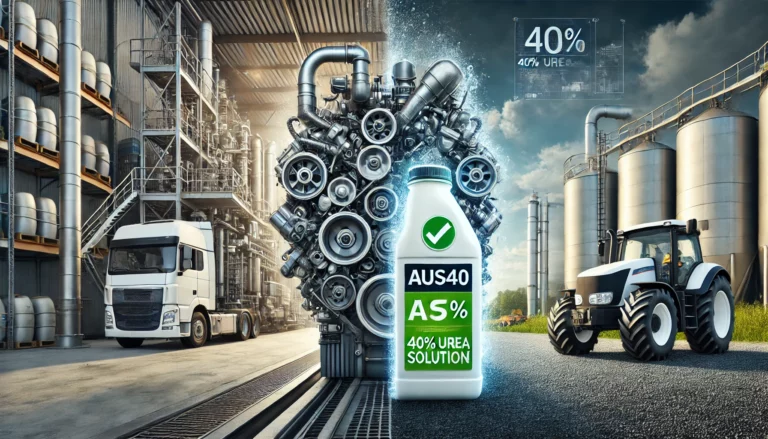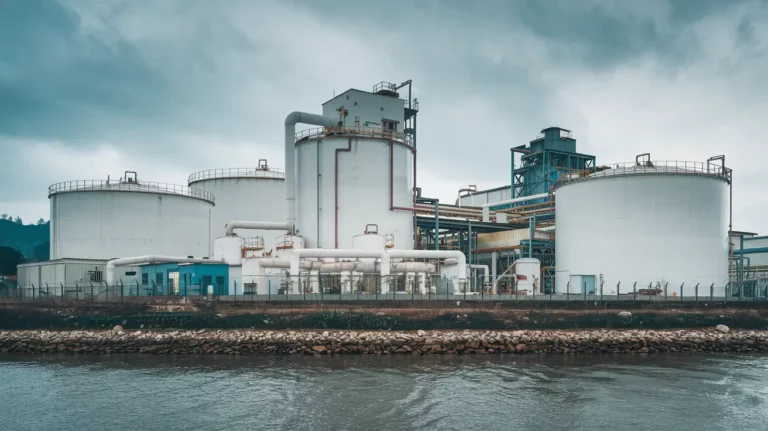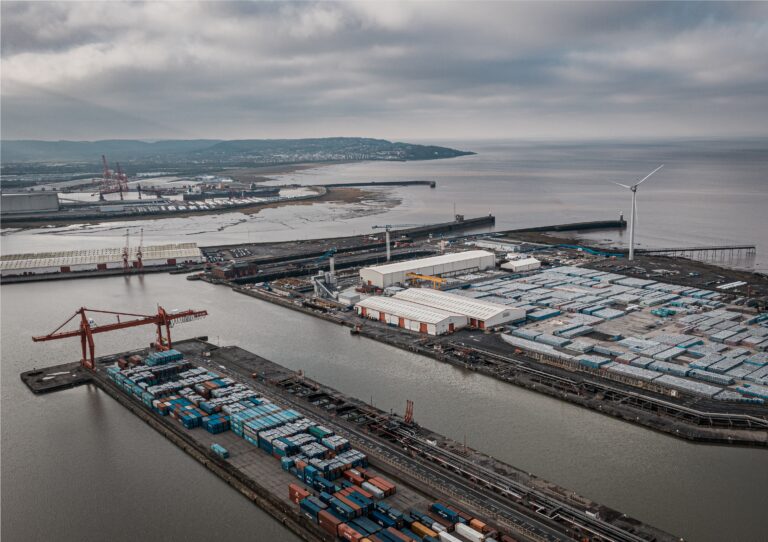Finding Reliable Marine Urea Suppliers in Singapore
Marine urea, also known as ship urea or DEF (Diesel Exhaust Fluid), is a vital component in reducing nitrogen oxide (NOx) emissions from marine diesel engines. This clear, non-toxic solution, consisting of 32.5% urea and 67.5% deionized water, is injected into the exhaust stream, where it converts harmful NOx emissions into harmless nitrogen and water. Using marine urea is not just about environmental compliance but also cost-effective engine operation.
Importance of Reliable Suppliers
The reliability of your marine urea supplier can make or break your vessel’s operations. Delays or issues with urea quality can result in non-compliance with emission regulations, costly downtime, and reputational damage. This underscores the significance of finding a dependable supplier.
Navigating Singapore’s Maritime Market
Singapore’s strategic location and well-developed port infrastructure make it a hub for maritime activities. However, with numerous suppliers in the region, choosing the right one can be daunting. Let’s simplify the process.
Assessing Your Urea Requirements
Before diving into supplier selection, it’s crucial to understand your specific urea needs. Two factors play a role here: the type of marine urea and the amount required.
Types of Marine Urea
Marine urea comes in various forms, including AUS 32, ARLA 32, and DEF. Knowing which one suits your engine is essential for optimal performance.
Calculating Usage
Calculate your vessel’s average urea consumption. This will help you determine the volume you need, which can impact pricing and logistics.
Researching Potential Suppliers
Compile a list of potential marine urea suppliers in Singapore. Start with online searches, industry directories, and recommendations from colleagues.
Evaluating Supplier Credibility
Checking Certifications
Ensure that the supplier has the necessary certifications, like ISO 22241-1:2013, to guarantee the quality of their product.
Customer Reviews
Look for customer reviews and testimonials. Feedback from other shipowners can provide insights into the supplier’s reliability.
Supplier Location and Logistics
Consider the supplier’s location concerning your vessel’s ports of call. Proximity can affect the ease of logistics and timely deliveries.
Pricing and Contract Terms
Get multiple quotes and negotiate terms to find a pricing structure that aligns with your budget and consumption patterns.
Negotiation Tips
Remember, it’s not just about the price. Consider factors like delivery schedules, payment terms, and contract flexibility.
Quality Control and Testing
Prioritize suppliers with robust quality control measures and rigorous testing processes to ensure the purity and effectiveness of the marine urea.
ISO Standards
Make sure the supplier adheres to ISO standards, particularly ISO 22241-1:2013, to maintain the quality of the urea.
Delivery and Lead Times
Reliable and timely delivery is crucial for uninterrupted vessel operations. Discuss lead times and delivery schedules with the supplier.
Environmental and Ethical Considerations
Consider the supplier’s commitment to environmental and ethical practices. Choose one that aligns with your company’s values.
Comparing Multiple Suppliers
Don’t settle for the first option. Compare multiple suppliers using the criteria mentioned above to make an informed decision.
Making the Final Decision
After thorough research and evaluation, make your final decision. Keep in mind that the cheapest option isn’t always the best.
Building a Long-term Relationship
Establish a strong working relationship with your chosen supplier. This will ensure consistent quality, reliable deliveries, and potential long-term cost savings.
The Verdict
In the vast ocean of marine urea suppliers in Singapore, finding the right partner to meet your vessel’s needs is essential for smooth operations and environmental compliance. By assessing your requirements, researching, evaluating, and comparing potential suppliers, you can make an informed decision and build a lasting partnership that benefits both your vessel and the environment.
Frequently Asked Questions (FAQs)
1: What is the purpose of marine urea in ships?
Marine urea is used to reduce nitrogen oxide (NOx) emissions from marine diesel engines, helping ships comply with emission regulations and improve their environmental footprint.
2: Are there different types of marine urea, and how do I choose the right one for my ship?
Yes, there are various types, such as AUS 32, ARLA 32, and DEF. To choose the right one, consider your engine’s requirements and compatibility.
3: Why is it essential to consider a supplier’s certifications when buying marine urea?
Certifications, like ISO 22241-1:2013, ensure that the urea meets quality standards and is safe for use in marine engines.
4: How can I calculate the volume of marine urea my ship needs?
Calculate your vessel’s average urea consumption based on your engine’s specifications and operating conditions.
5: What benefits can I expect from building a long-term relationship with a marine urea supplier?
Building a long-term relationship can lead to consistent quality, reliable deliveries, and potentially better pricing and services over time.





